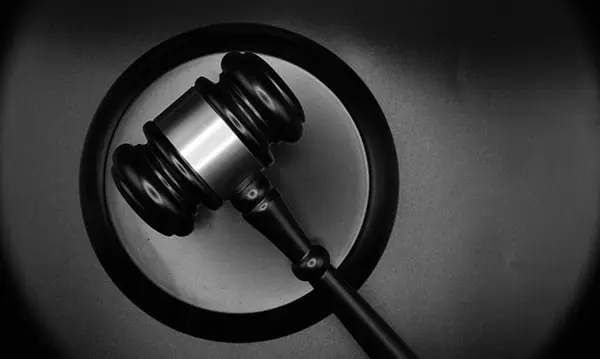In 2024, Credit One Bank reached a significant class action settlement following lawsuits that accused the bank of improper fees, penalties, and misleading practices affecting thousands of customers. These lawsuits claimed that Credit One had violated consumer rights through fraudulent charges, unauthorized penalties, and failing to provide clear communication about these charges, leaving many account holders financially disadvantaged.
Background of the Lawsuit
The lawsuit, filed in federal court, alleged that Credit One Bank imposed unjustified fees on its credit card holders, particularly targeting individuals with lower credit scores. According to the plaintiffs, these improper fees included inflated late payment charges, high transaction fees, and unauthorized express payment fees. Many customers reported seeing charges they had not agreed to, leading to financial difficulties, particularly among consumers with already strained financial resources.
Core Allegations
The class action lawsuit included several key allegations against Credit One Bank, including:
- Fraudulent billing practices: The bank was accused of billing consumers for express payment services that were not properly disclosed.
- Failure to notify consumers of alternatives: Customers alleged that Credit One’s payment system did not inform them about lower-cost payment options, misleading them into paying excessive fees.
- Deceptive penalties: The bank’s imposition of harsh penalties, particularly targeting low-credit customers, was another point of contention in the lawsuit. These penalties included high late fees and charges that plaintiffs claimed were not justified.
Settlement Details
Credit One Bank has not admitted to any wrongdoing but has agreed to settle the lawsuit to avoid further litigation. The settlement allows Credit One customers affected by the improper practices to receive compensation. The settlement amount could range from $50 to $300 per affected individual, depending on the claims made and the extent of the financial harm suffered. The exact payout will depend on the number of valid claims filed and the total amount available for distribution.
Eligible customers include those who:
- Held a Credit One Bank account during the relevant period,
- Were subject to improper fees, charges, or penalties as outlined in the lawsuit,
- Submit valid documentation proving their eligibility, such as bank statements or records of disputed charges.
Eligibility and How to File a Claim
To be eligible for compensation, customers must file a claim by the specified deadline, providing proof of the unauthorized charges. Notices were sent to potentially affected customers via mail or email, offering instructions on how to file claims through a dedicated settlement website. The process involves submitting necessary documentation, including financial records and personal information, to verify eligibility.
For those who believe they are eligible but did not receive a notice, it is recommended to check the official settlement website or contact the settlement administrator for further instructions.
Payment Timeline
While the court has approved the settlement, payments will not be immediate. Once the claim submission deadline passes, the settlement administrator will review claims for eligibility. This process may take several months. If your claim is approved, payments are expected to be issued via check or direct deposit within 3-6 months after the review process concludes.
The court has yet to finalize specific dates for when payments will be distributed, but it is anticipated that eligible claimants will begin receiving compensation by the end of 2024 or early 2025, depending on the pace of claim processing.
Broader Implications
The Credit One Bank class action lawsuit highlights the growing scrutiny over banking practices that disproportionately affect vulnerable consumers. As more customers file claims and receive compensation, the settlement serves as a reminder for financial institutions to maintain transparency and fairness in their billing and communication with account holders. Credit One Bank has faced increased pressure to adjust its payment systems and ensure that customers are better informed about alternative options to avoid unnecessary fees.
This lawsuit follows similar cases against other financial institutions, signaling a broader movement toward holding companies accountable for deceptive practices that harm consumers.
Conclusion
The Credit One Bank class action settlement offers financial relief to customers who were negatively impacted by improper fees and deceptive practices. If you believe you are eligible for compensation, it is essential to file your claim promptly and provide the necessary documentation. As the settlement progresses, consumers can expect further clarity on payment schedules and compensation amounts, bringing resolution to a case that has affected thousands of account holders.
For more information, visit the settlement’s official website or contact the settlement administrator for updates on your claim status and eligibility.


